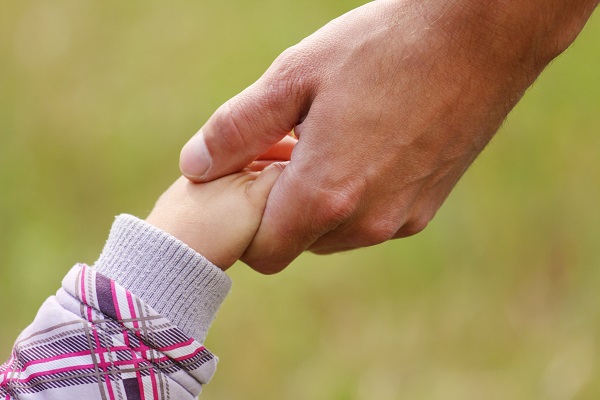Children deserve to have a strong bond with good parents and be protected from inappropriate, dangerous, or abusive behavior. This is why child custody matters are so critical. Obtaining custody of your child and establishing paternity can be a tough challenge, but experienced legal guidance and representation can help.
Attorney Judy L. Burger is a Certified Family Law Specialist in California with extensive experience in child custody and paternity cases. She discusses these vital issues below.
Why Is Paternity So Important?
Establishing a child’s legal parentage is critical because many things depend on it. Legal parents have significant rights and responsibilities that directly influence the child’s well-being.
Legal parents:
- Can ask for custody and visitation
- Are required to support their child financially
- Are listed on a California birth certificate
- Can bequeath financial benefits to their child
- Can guarantee U.S. citizenship, even if the child was born outside the country
Determining a child’s legal parents can involve emotional and complex issues and is best handled with the guidance of a family law attorney. Judy Burger can help you establish parentage of a child in California.
Ways to Establish Legal Parentage
California law establishes legal parentage in the following circumstances:
- You are the child’s birth parent (not a surrogate)
- You and the other parent were married or registered domestic partners when your child was born or conceived
- You and the other parent filed a Declaration that establishes you as the legal parents
- A judge determined that you are a legal parent in a court case
You and the other parent can establish legal parentage for your child by completing and filing a Voluntary Declaration of Parentage (VDOP) form. This is typically done when the child is born but can be completed later. This becomes a binding legal document similar to a court order.
A California Family Law Court can determine the legal parentage of a child and establish child custody and support orders if necessary. California law allows fathers up to three years after the child’s 18th birthday to legally establish paternity.
Father’s Rights and Paternity
California law distinguishes between a “parent” and a “biological father.” Once the biological father has established his parental rights, he can legally request custody or visitation, pay or receive child support, and make decisions on the child’s behalf. The mother cannot deny the father’s legal rights once paternity has been established unless exceptional circumstances have been recognized by the court.
Although a man may be the biological father of a child, paternity can only be legally established through adoption, marriage, or a court order. If a child is born outside of marriage or as a result of an extramarital affair, the biological father has no legal rights. In such cases, the woman’s legal spouse would automatically be granted paternity rights over the child. However, a biological father has up to two years from the date of the child’s birth to petition the court for a paternity test.
Experienced CA Child Custody and Paternity Lawyer
Judy L. Burger is an experienced CA Child Custody and Paternity Lawyer with eight offices across the Golden State. She is a Certified Family Law Specialist with extensive knowledge and expertise in handling volatile and complex cases where paternity is an issue and child custody questions are at stake. When your family life and responsibilities are in question or other problems arise with paternity, Ms. Burger can help you fight for what is best for your child.
Contact her nearest office today to schedule a confidential consultation to discuss your situation and get sound legal advice. Judy and her team care, and we know how to help.




